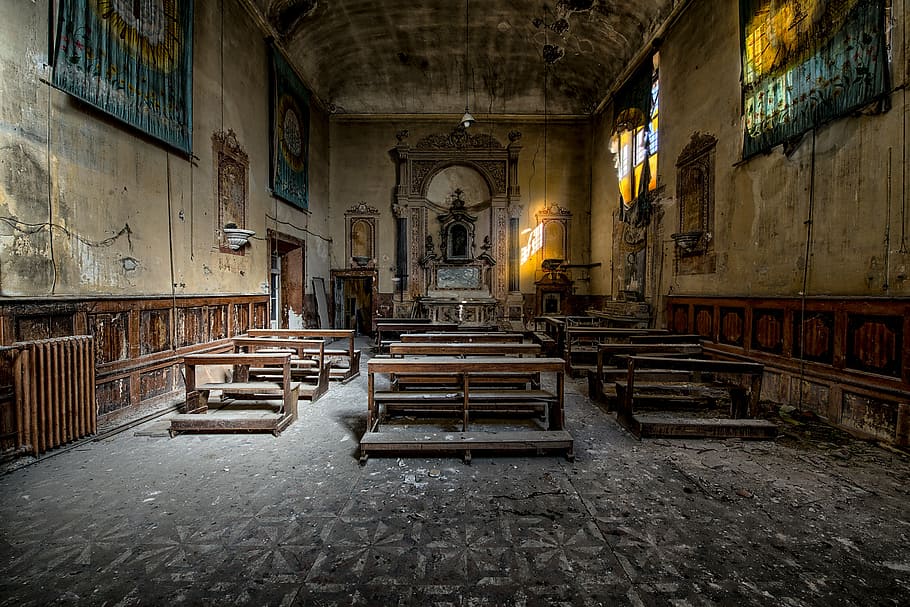“There are some people [that] tell us that they are tremendously interested in the gospel as a point of view, as a Christian philosophy…Christianity is to them a matter of tremendous interest and they believe and proclaim that if only this Christian point of view could be applied in politics, in industry and in every other circle all our troubles would be solved…These are the people who decide to take up Christianity instead of being taken up by Christianity.”
Login to read more
Sign in or create a free account to access Subscriber-only content.
Topics:
